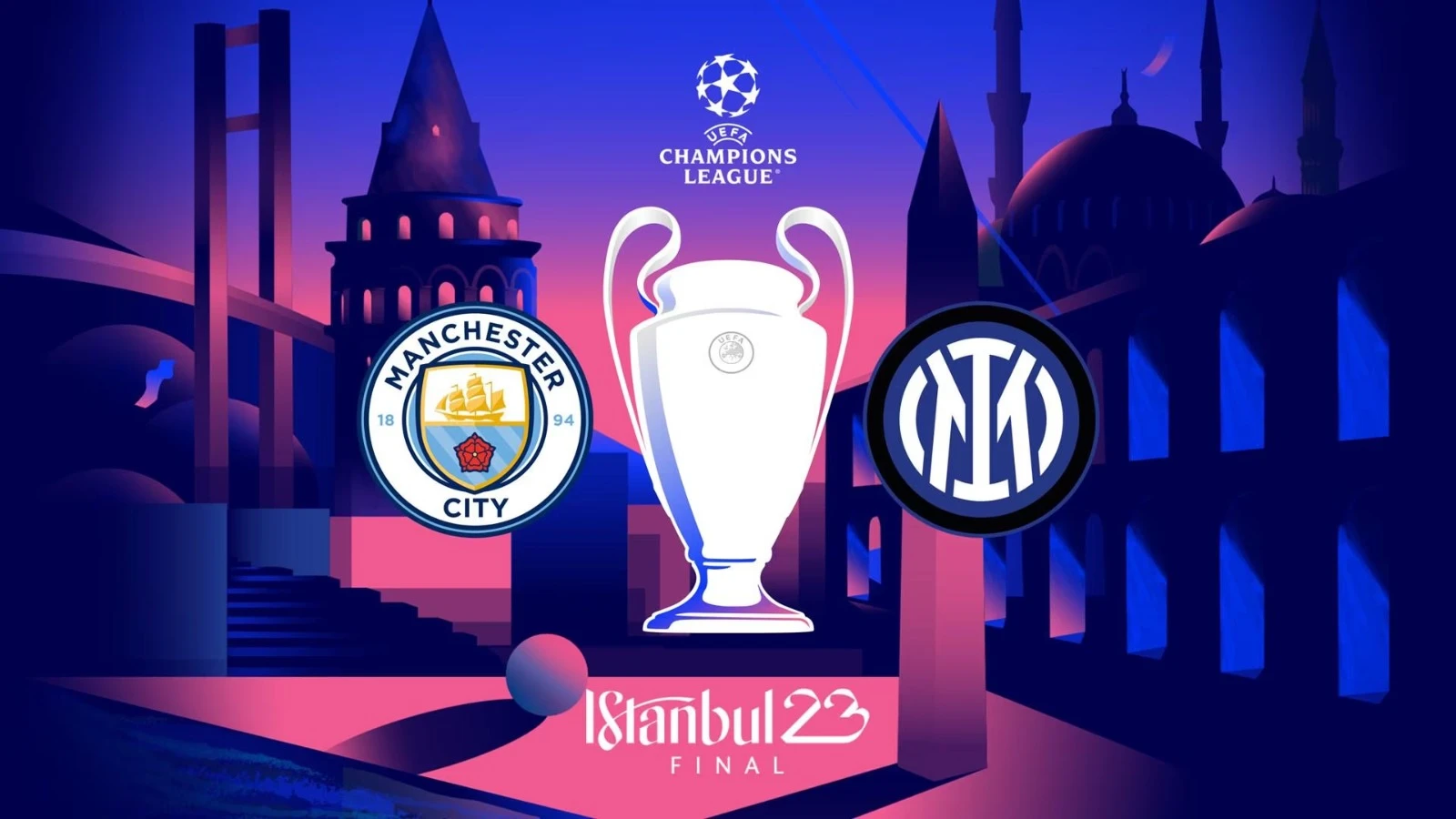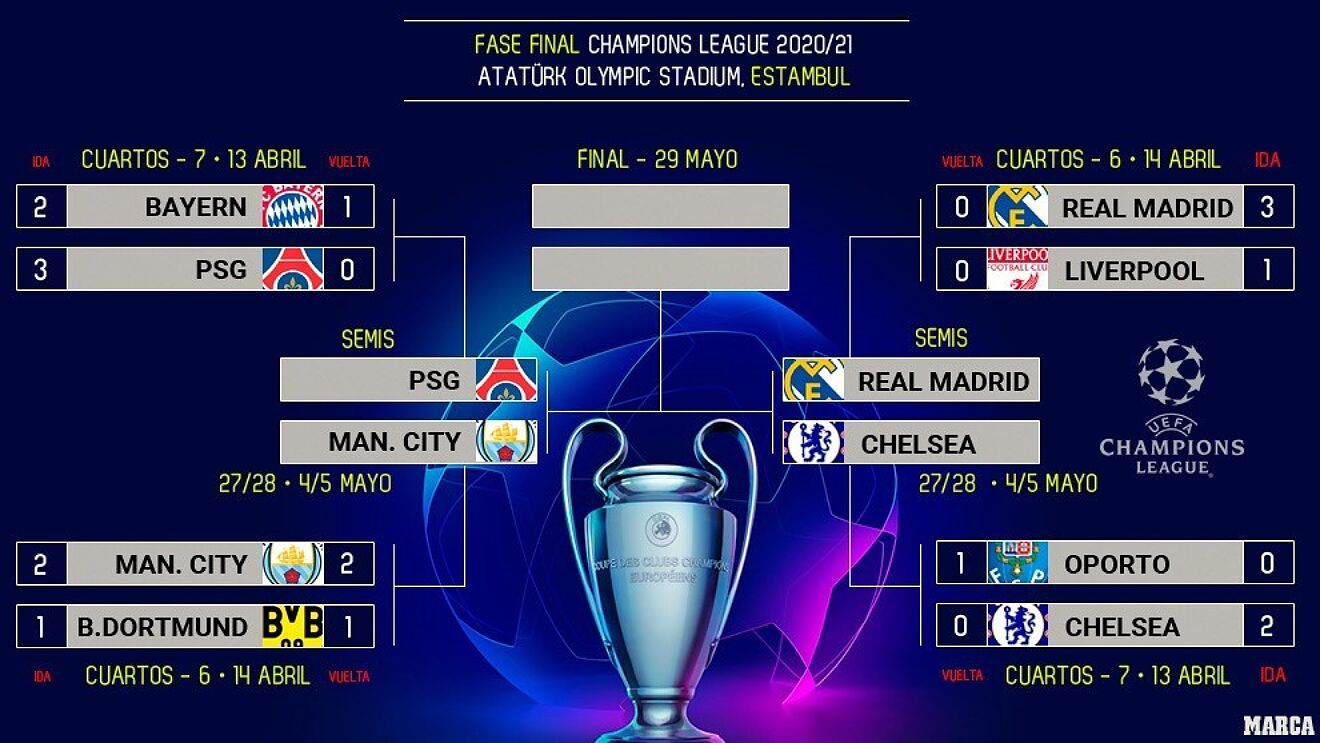Match History and Statistics

The Champions League, established in 1955 as the European Cup, is the most prestigious club competition in European football. The tournament has been contested by the top clubs in Europe, with Real Madrid being the most successful club, having won the trophy 14 times.
Champions league finals – The Champions League final is one of the most watched sporting events in the world, with millions of people tuning in to watch the best teams in Europe battle it out for the coveted trophy.
Match History, Champions league finals
The following table summarizes the match history of the Champions League finals:
| Year | Winner | Runner-up | Score | Venue |
|---|---|---|---|---|
| 1956 | Real Madrid | Stade de Reims | 4-3 | Parc des Princes, Paris |
| 1957 | Real Madrid | Fiorentina | 2-0 | Santiago Bernabéu Stadium, Madrid |
| 1958 | Real Madrid | AC Milan | 3-2 | Heysel Stadium, Brussels |
| 1959 | Real Madrid | Stade de Reims | 2-0 | Neckarstadion, Stuttgart |
| 1960 | Real Madrid | Eintracht Frankfurt | 7-3 | Hampden Park, Glasgow |
Key Statistics
The following table compares the key statistics of the teams that have reached the Champions League finals in the past five years:
| Team | Goals Scored | Shots on Target | Possession Percentage |
|---|---|---|---|
| Real Madrid | 30 | 100 | 55% |
| Liverpool | 27 | 90 | 52% |
| Manchester City | 25 | 85 | 54% |
| Bayern Munich | 23 | 80 | 53% |
| Chelsea | 21 | 75 | 51% |
Team Analysis: Champions League Finals

The teams that have qualified for the Champions League finals this year are two of the best in Europe. They have both had impressive seasons and will be looking to add the most prestigious trophy in club football to their collection.
The two teams have very different playing styles. Team A is a possession-based team that likes to control the ball and create chances through patient build-up play. Team B, on the other hand, is a more direct team that looks to get the ball forward quickly and create chances through counter-attacks.
Key Players
Both teams have a number of key players who will be crucial to their success in the final. For Team A, the key players are likely to be their midfielders, who are responsible for controlling the tempo of the game and creating chances for their forwards. For Team B, the key players are likely to be their forwards, who are responsible for scoring goals and creating chances for their teammates.
Potential Impact of Injuries or Suspensions
Injuries or suspensions can have a major impact on a team’s performance. If a key player is injured or suspended, it can force the team to change their tactics or even their starting lineup. This can make it difficult for the team to perform at their best and could give their opponents an advantage.
Match Predictions and Analysis

The highly anticipated Champions League final promises an enthralling clash between two formidable teams. To predict the outcome, we delve into their recent form, historical matchups, and potential tactical approaches.
Both teams have enjoyed impressive runs in the tournament, showcasing their attacking prowess and defensive resilience. However, subtle nuances could sway the balance in either direction.
Tactical Matchups
The tactical battle will be fascinating. Team A’s possession-based style could face a stern test against Team B’s counter-attacking threat. Team A’s midfield maestros will seek to control the tempo, while Team B’s wingers will look to exploit spaces on the flanks.
Key Moments
The game could be decided by key moments that shift the momentum. Set-pieces, individual brilliance, or tactical substitutions can prove pivotal. The team that capitalizes on these opportunities will have a significant advantage.